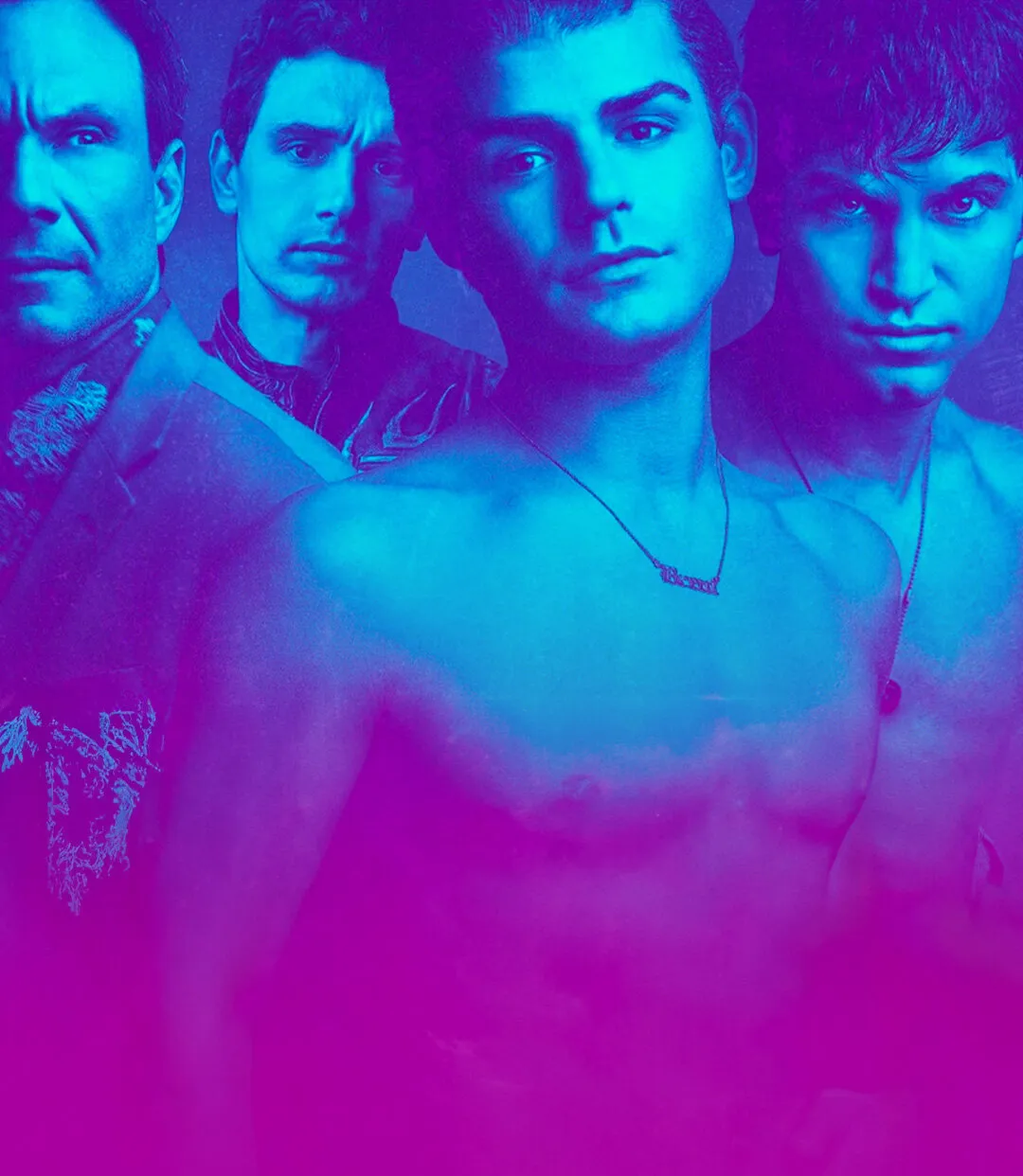Grey's Anatomy isn't just a medical drama: it's an emotional universe that, for nearly two decades, has explored love, loss, identity, desire, and resilience with radical honesty. Since its inception, the series created by Shonda Rhimes has demonstrated that operating rooms don't just heal bodies: they're also settings where hearts are broken, bonds are rebuilt, and ways of loving are reinvented. In this space where death is always lurking, what shines most brightly is the intensity of human emotions.

One of Grey's Anatomy's greatest achievements is its commitment to queer visibility, not as a token or adornment, but as an essential part of the show's emotional fabric. Characters like Callie Torres, Arizona Robbins, Levi Schmitt, Erica Hahn, Kai Bartley, and Amelia Shepherd have given voice to LGBTQIA+ experiences with a depth rarely seen on television at the time. Their stories don't revolve exclusively around trauma; they revolve around desire, fear, and the everyday experience of loving outside the norm. In their relationships, we see not only internal struggles but also moments of radical tenderness.
The relationship between Callie and Arizona, for example, marked a turning point. It wasn't just a lesbian story: it was a story of love, motherhood, grief, jealousy, and reunion. It was revolutionary because it wasn't treated as a "subject," but as one story among many—but one with all its emotional and political weight. Grey's has been able to show that being queer isn't just about coming out, but about learning to embrace self-love in a world that often doesn't allow it.
:max_bytes(150000):strip_icc()/greys-anatomy-1-2000-1-75370197e08241ed900aab8cd9eb7dac.jpg)
Another key element is how the series works with grief as a permanent narrative. Over the years, we've lost beloved characters: George, Lexie, Mark, Derek, Andrew, among others. But beyond the impact of their deaths, what Grey's Anatomy has achieved is to show how we continue to live with those absences. Meredith, the central axis of everything, is not the same woman we knew her. We see her break, rebuild, make mistakes, and move on. There's no idealization: there's humanity. And that's what connects with millions of people who have loved, lost, and survived.

Grey's Anatomy has also evolved with the times. Rather than repeating itself, it has adapted, integrating themes such as mental health, structural violence, medical racism, transgenderism, and new family models. In a television system that is often slow and conservative, this series has been a beacon, showing that drama doesn't need to follow old rules. It can move, disturb, and educate at the same time.

And perhaps that's the most beautiful thing about Grey's Anatomy: that it taught us that life is chaotic, that love hurts, that death doesn't give warning, but that it's still worth trying. Because, as Meredith Grey would say:
"The pain comes. But then it passes. And when it passes... you survive."
In a broken world, that phrase is almost a promise. And that's why Grey's Anatomy lives on, not only as a series, but as an emotional legacy.




